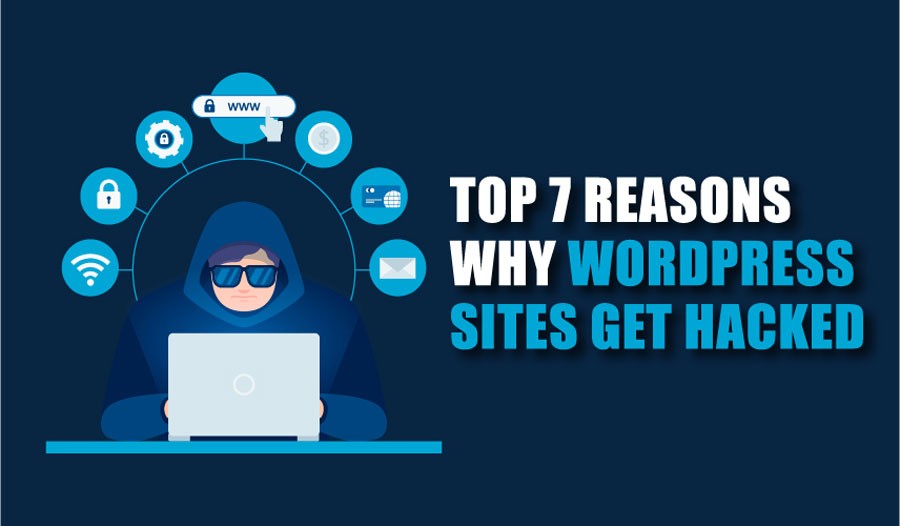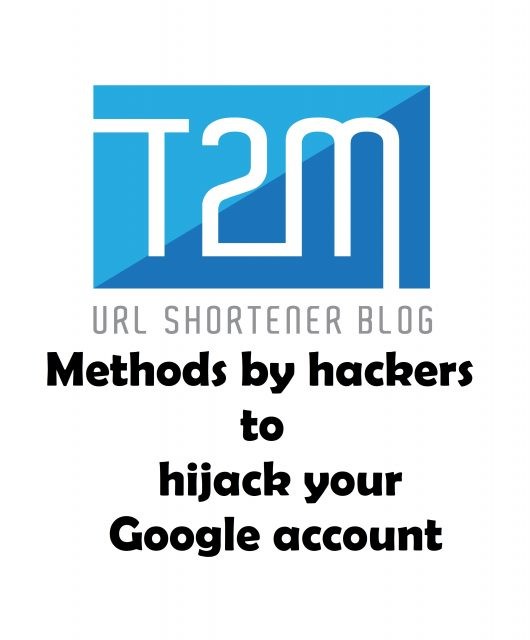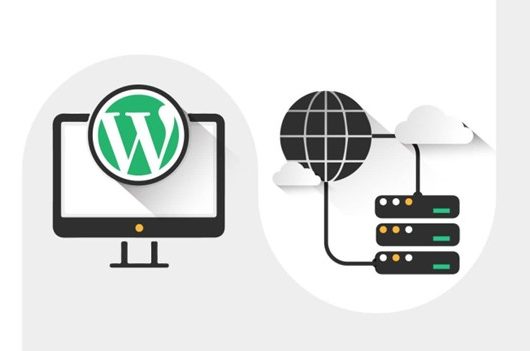WordPress hacks dominate headlines almost daily—but then; fixing a hacked WordPress site is a pain you don’t want to go through. Apart from potentially leaving your website crashed, a successful WordPress website hack may also leave your customers at the mercy of the hackers.
Imagine, for example, if hackers manage to steal their confidential data. Your customers can be victims of all kinds of cybercrime activities ranging from identity theft to financial fraud.
It doesn’t end there still. Even if you recover, there is a risk of ultimately going bankrupt and being squeezed out of business within just six months.
Why WordPress Sites Get Hacked
There are several reasons why your WordPress website may get hacked. Depending on the motive of a hacker, they may try hacking into your WordPress website to disrupt your operations. They may also want to steal your money or access your and your customers’ confidential data.
Other than a hacker’s motivation, the factors that may make your WordPress website an easy target for hackers include theme or plugins vulnerabilities, weak passwords, or data leaks. We explore these factors and give recommendations on how you can prevent a WordPress website hack. Read on.
I. Non-SSL Protected WordPress Website
Not having an up-to-date and genuine SSL certificate installed on your WordPress website can make it easy for cybercriminals to intercept confidential data and steal them. Other than the security aspect, leaving your website non-secured with an SSL certificate can negatively impact customers’ trust in your brand and reduce your web traffic.
An SSL certificate works by encrypting any data transmitted between your client browsers and your web server. This way, it bars a motivated hacker from intercepting traffic and stealing confidential business or consumer data.
If you successfully install a genuine SSL certificate, your website will change from HTTP to HTTPS. You can get a good SSL certificate from a reputed SSL provider or your hosting provider.
If you have a domain and multiple subdomains, you may want to buy wildcard SSL because it guarantees the same level of protection and makes it easy to manage the certificates. It also helps you eliminate the need to purchase separate SSL certificates for each of the subdomains. With this, you can secure your chosen main domain and an unlimited number of first-level subdomains under it.
II. Insecure Web Hosting
The role of a web hosting provider is to allocate you space on a web server for your website to store its files and run. The hosting service works by making your website files, including images and codes, easy to view online.
This means that every WordPress website you see online is hosted on a web server or WebHost. However, not all web hosting services are made equal.
A typical example is shared hosting. Unfortunately, some providers do not adequately aggregate user accounts, making your WordPress website vulnerable to hackers, especially if they manage to access the shared server.
Besides, even if just one site is hacked on the shared server, there is a risk of this website consuming the overall server bandwidth, affecting your website’s performance. To avoid this risk, it would help if you go with a dedicated or virtual server and stick to a reputed web hosting provider.
III. Using Weak Passwords
Both computers and humans quickly detect a weak password. For example, suppose you use weak passwords on your WordPress accounts. In that case, you make it easy for hackers to use techniques like brute-force attacks (an attack mechanism involving several password combinations trials) to gain unwarranted access to the accounts.
To avoid this problem, aim at using unique and strong passwords for any WordPress admin account you’re having, your web hosting cPanel or accounts, your FTP accounts, WordPress database, and email accounts. As a general rule, you should not use password combinations related to your mobile numbers, names, or place. They should also not be short or system default.
IV. Out of Date WordPress Themes or Plugins
Keeping your WordPress themes or plugins updated is essential because every update comes with patches for the bugs and security flaws discovered in those themes and plugins. This implies that you will need to keep checking update notifications and apply the updates.
It may help if you enable the auto-update feature on your WordPress themes and plugins. This will ensure that you do not forget about the updates when they’re released.
V. Out-of-Date Core WordPress Software
In a bid to keep WordPress hacks to the minimum, WordPress also releases its core software updates regularly. For every new version, there are fixes for security vulnerabilities and bugs.
Therefore, if you stick to outdated WordPress versions, you leave your site is at risk of being broken into by malicious characters. If you are concerned about potentially breaking your WordPress website when updating it, be sure to create complete backups when applying updates. This will ensure that in case something goes wrong, you can still return to the original version.
VI. Using Nulled Plugins and Themes
Using nulled WordPress plugins or themes may sound appealing if you’re working on a tight budget. Nonetheless, this is a hazardous approach, especially if these plugins and themes are from unreliable sources.
Malicious characters can use these files to install malicious codes on your website or steal sensitive information from your website. To avoid this, your best bet would be to download all your WordPress themes and plugins from reputable and reliable sources. If you cannot afford a premium WordPress theme or plugin, you can use a free version if available, though this may meet all your needs.
VII. Not Activating SFTP/SSH and using Plain FTP Instead.
FTP accounts help in uploading files to your web server via an FTP client. A good fraction of web-hosting providers support FTP connections and allow you to use different protocols such as SSH or SFTP.
Now, if you use just plain FTP when connecting to your site, your password will be forwarded to the webserver when not encrypted. This implies that a cybercriminal may spy upon the password and steal it.
To avoid this, you should use only SSH or SFTP. This way, all these confidential details will remain encrypted to reduce the risks of potential hacks. To use SFTP or SSH, you will only need to change the protocol from FTP to SFTP-SSH when you’re connecting to your WordPress website.
The Bottom Line
Not every WordPress hacking attempt is successful, but you don’t have to wait until your WordPress website is hacked for you to take action. The cost of clearing a hacked website may also be too heavy to bear. Therefore, taking necessary security measures promptly will be pivotal in preventing or managing hacking attempts.











